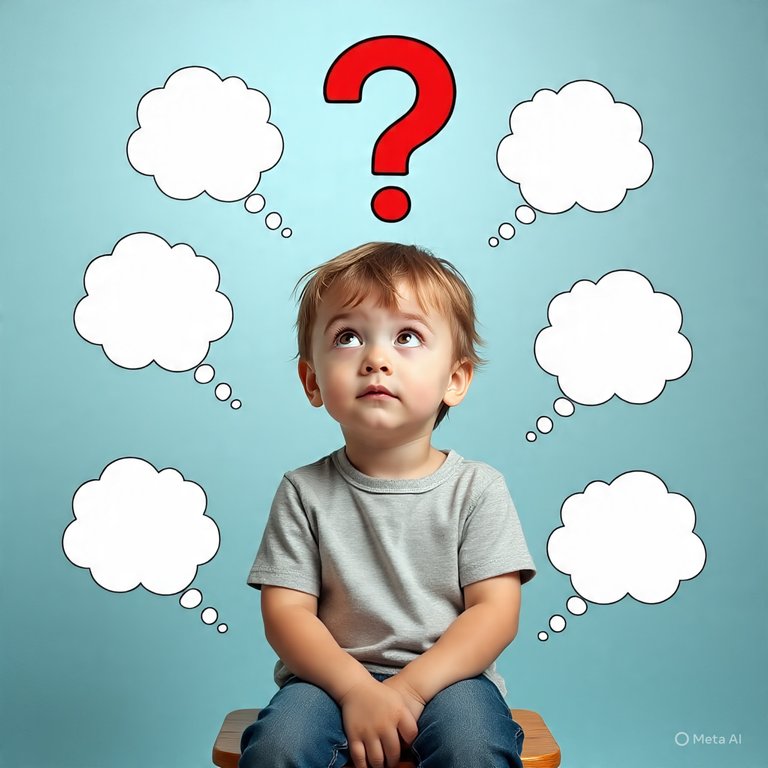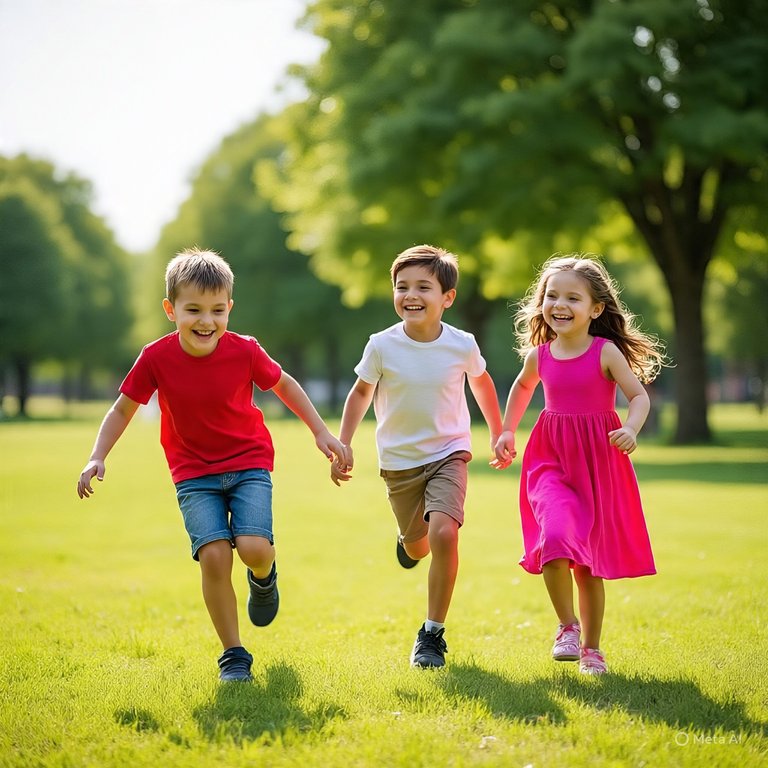Morality of a child
The question of whether children are born good or evil touches on deep philosophical and psychological debates as It’s a complex topic with no simple answer but I will try to state some research and my opinion into this topic as a means to understand what research and thought leaders suggest over the years with happening around my immediate environment.
It seems likely that both nature environments and nurture play roles in the life of a child as Some children may have genetic traits that lean toward challenging behaviors, but good parenting can steer them positively. This interplay suggests that while there might be an inborn foundation, how we raise children significantly shapes their moral development depending on the type of environment they are been grown around.
This topic is controversial mostly with philosophers like Rousseau believing humans are naturally good and Hobbes seeing them as naturally selfish. Religious views like the concept of original sin also add layers suggesting children are born with tendencies toward wrong doing, these differing views highlight why there’s no consensus making it a rich area for discussion as most scholars have been trying to prove different analysis delves into the age-old question of whether children are born inherently good or evil, drawing from philosophical debates, psychological research, and cultural perspectives.
Philosophical Foundations
The debate over human nature has roots in classical philosophy as Aristotle posited that morality is learned and not inherited viewing children as amoral creatures at birth shaped by their experiences. Sigmund Freud similarly considered newborns a moral blank Slate just like a new hard drive or a memory card that one can install what ever software or application on it depending on the type of program the users wants to achieve with it , suggesting that morality develops through environmental influences. In contrast, Thomas Hobbes described humans as inherently "nasty" and "brutish," arguing that societal rules are necessary to curb natural instincts. Jean-Jacques Rousseau offered a counterpoint, asserting that humans are naturally gentle and pure, corrupted only by societal inequalities and greed. These opposing views set the stage for a centuries-long discussion on innate morality if that has been affecting the evolution of children's behaviors and why we act the way we act Psychological . This indicates a rudimentary moral compass at birth.
However, Paul Bloom a psychologist at Yale and author of Just Babies: The Origins of Good and Evil argues that this innate sense is "tragically limited."as he wrote in his notes that babies are also born with tendencies toward parochialism and bigotry, which can lead to negative behaviors if not addressed while they are still tender and easy to correct we come part of thier behavior Other studies, such as the Doll Test from the 1940s, highlighted in a Medium article, showed that young children often exhibit racial bias, associating positive traits with white dolls, which may reflect societal influences rather than innate evil. Which suggests that while babies show signs of a moral compass a fully developed sense of morality emerges later, typically in adolescence shaped by reasoning and social learning which aligns with the view that morality is not solely innate but develops through interaction with the environment.
Good parenting and supportive environments can mitigate these tendencies highlighting the role of nurture as an import factor in the up bring of a child as it's suggests that while genetic factors may set a foundation, environmental influences are crucial in shaping moral outcomes as Cultural and religious frameworks also contribute to it. The concept of original sin in Christian theology posits that humans are born with a tendency toward sinfulness which requires moral education and spiritual guidance to counteract. In contrast it emphasize the inherent purity of children, viewing them as naturally good and in need of protection from societal corruption which is a result effect from the adherent society associated with the upbringing of the child as these perspectives add layers to the discussion, reflecting diverse beliefs about human nature.
No clear evidence has suggested that children born purely good or purely evil but possess the capacity for both as they may have an innate predisposition toward morality, as seen in early preferences for helpful behavior, but this foundation is incomplete and requires development through education, reason, and social interaction. At the same time tendencies toward negative traits such as aggression or bias, are present and are shaped by genetic and environmental factors.
I saw this table somewhere that sums up the behaviorial patterns
| Perspective | View on Innate Morality | Role of Environment |
|---|---|---|
| Philosophical (Aristotle) | Morality is learned, children are amoral | Crucial for moral development |
| Philosophical (Rousseau) | Humans are naturally good, corrupted by society | Can corrupt innate goodness |
| Psychological (Bloom) | Innate but limited, prone to bias | Essential for developing mature morality |
| Genetic Research | Some traits predispose to challenging behavior | Can mitigate through parenting and support |
| Religious (Original Sin) | Born with tendency toward sinfulness | Requires moral and spiritual guidance |
The question of whether children are born good or evil remains unresolved with research suggesting a blend of innate capacities and environmental influences as some Children likely start with a rudimentary moral sense but as they grow older their development into moral beings is shaped by a complex interplay of genetics, upbringing, and societal factors. This understanding calls for a balanced approach in nurturing the next generation, recognizing both their potential for goodness and the need for guidance to realize it should be most parents priority.



Congratulations @acraftsoft! You have completed the following achievement on the Hive blockchain And have been rewarded with New badge(s)
Your next target is to reach 2500 upvotes.
You can view your badges on your board and compare yourself to others in the Ranking
If you no longer want to receive notifications, reply to this comment with the word
STOP